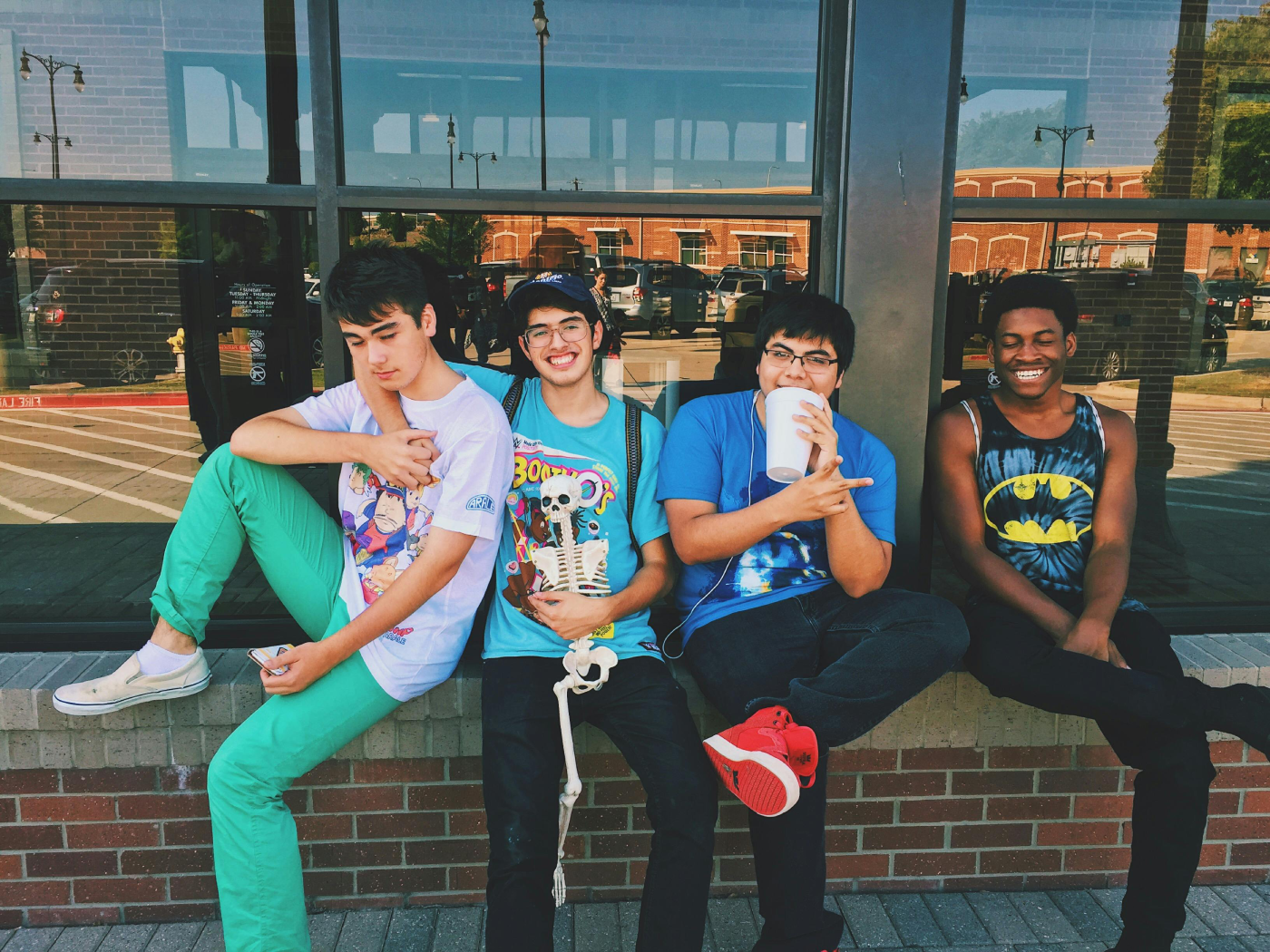Co-dependency is when an individual within a relationship, whether romantic or not, has extreme physical or emotional needs that need to be met. The other individual, referred to as the co-dependent within the relationship, will spend most of their time responding to the intense needs of their loved one. This cycle can often become detrimental to the co-dependent’s partner’s social life, other relationships with family and friends, activities, and over life. Codependency can often result in an individual struggling with spiralling or exhibition g destructive behaviors.
According to experts, each of us has a certain degree of codependent tendencies in our relationship. However, individuals referred to as codependents often have a significant desire or are attracted to individuals who struggle with substance use disorder may be emotionally unavailable, suffer from addictive personalities, or are emotionally wounded.
How does co-dependency take form?
Co-dependency can often be characterized by resentment, lack of poor boundaries, and frustration. Due to this, co-dependency has highly distinctive traits and recognizable behaviors. Generally, you can identify if an individual is co-dependent due to a combination of the following characteristics:
- Getting upset if and when people attempt to set boundaries
- Manipulating others into taking care of them when they don’t need its inability to set boundaries themselves
- Lack of responsibility
- Low self-esteem when in a relationship
- Making themselves responsible for all the problems of others
- Feeling as though you need to submit to your partner’s demands or they will leave you
- Take advantage of an individual who cares about the co-dependent’s wellbeing
- Attempting to control all others around
- Often feeling depressed, anxious due to potential problems in the relationship
Codependents may often have weak or limited boundaries, which have the potential to enable their loved one’s addiction and excuse their poor behavior. As a result, the codependent individual may begin to feel anxious or depressed if they believe they cannot save their loved one from harm but, on the other hand, feel anxious and worried if they are to recover.
Recovering addicts often have strong codependency traits as an underlying issue. Substance abuse and dependency go hand in hand, which results in the individual feeling intense shame and or guilt. More often than not, shame is a profoundly destructive emotion that can create a high and extreme amount of anxiety and fear. Individuals who experience intense shame can often completely sabotage themselves within the romantic relationship, with family and friends, and even with work. These two emotions are incredibly fierce for some individuals and can lead to codependency.
Co-dependency in substance abuse
Co-dependency does not necessarily occur with substance abuse; however, co-dependency is commonly identified in those with close relationships with individuals who struggle with substance abuse. It will often begin manifesting itself in the following ways:
- Parents or caregivers who are both abusing harmful substances
- Children of parents or caregivers who are abusing or are addicted to illicit substances
- Close adult family members or close friends who are abusing substances
When we think of a codependent partner in a relationship, we often think of a romantic relationship; however, it is not always the spouse. Medical professions have recognized codependent behavioral traits in children. Unfortunately, children surrounded or within an environment exposed to individuals taking drugs and alcohol grow up becoming codependent. The likelihood becomes higher when the addiction of a parent or caregiver becomes so bad that the child themselves feels as though they need to take on the caretaker role with their owner’s parents, caregivers, family friends, etc.
Adverse risks for the co-dependent partner
When an individual is in a co-dependent relationship, whether romantic or not, who is abusing drugs and alcohol, both the individual may begin to experience a range of adverse effects. A study conducted by Science and Public Health has strongly indicated that there can be detrimental implications to the entire family dynamics surrounding the co-dependent relationship; further, the co-dependent’s health has the potential to be at risk. Risks can include but are not limited to:
- The inability to keep up with daily responsibilities outside of the co-dependent relationship
- Increased risk of developing addictions
- Increase the likelihood of losing relationships with individuals outside of the co-dependent relationship
Co-dependency typically results in the individual going above and beyond for the addicted loved one; the co-dependents emotional and physical needs become neglected, which can further result in:
- Poor physical and mental health
- Extremely low self-esteem
- Depression and anxiety
- Additional psychological and physical health consequences
Adverse risks for the substance abuser
The individual who struggles with substance abuse will too have several severe consequences. The most detrimental outcome for the addicted individual is that the co-dependent relationship continues to enable the individual life and addiction. The co-dependent individual wants nothing more than to help their addicted loved one; however, their fear of being left outweighs their ability to help genuinely. This creates a vicious circle where the addicted individual continues their substance abuse with a high possibility of the addiction worsening the longer it goes on. The co-dependent individual is continuously not having their emotional, mental, and physical needs met.
Treating co-dependency and substance abuse.
Recovery will need to begin with the individual realizing and admitting that they have a problem. Until the individual with the addiction can comprehend the severity of their situation, any form of help will not be sustainable. Admitting you have a problem can come on your own accord or with the assistance of intervention via family and friends.
Once one of the individuals within the co-dependent relationship realizes they have an addiction, they can begin seeking help. The co-dependent should begin receiving support via a psychotherapist to work on the mental health issues that cause them to become passive. The individual struggling with addiction should seek substance abuse treatment for recovery. Both the individuals can further seek co-dependency treatment to learn to live in a healthy and happier relationship.
If you have noticed that either yourself or someone you love is reliving this vicious cycle of codependency with individuals abusing substances, we advise you to seek immediate help. The cycle will not be broken until one or both of the individuals realizes what is happening and is brave enough to break the cycle.
Recovery from this type of relationship will never be an easy transition; both the individuals will need support from loved ones and friends to keep them going. However, the outcome is always worth it: live a life free of addiction in a healthy relationship.
Receiving help for co-dependency and drug abuse
Shoreline Recovery Center is a dual-diagnosis drug and alcohol rehab facility that offers mental health treatment plans. Our locations in Southern California specialize in treatment programs for individuals who suffer from alcohol use disorder (AUD) and/or drug addiction (e.g., heroin, cocaine, methamphetamine, benzodiazepine, Xanax, etc.) or who may require mental health rehab. Our treatment programs blend evidence-based therapies, clinical best practices, and opportunities to expand job skills and training.
SHORELINE Recovery Center will not only treat the existing addiction but will subsequently assess and treat any mental health issues that the individual may be suffering from. You can not attempt to join the road to recovery if an individual’s mental health is not treated.







